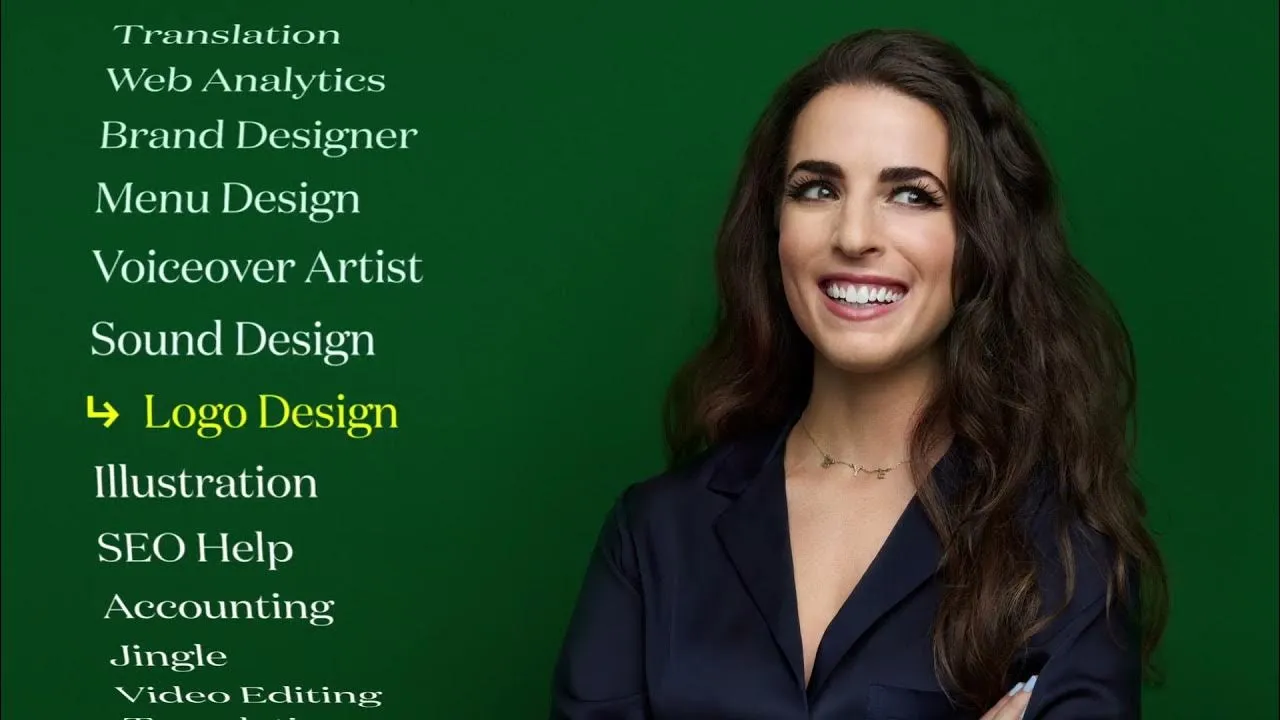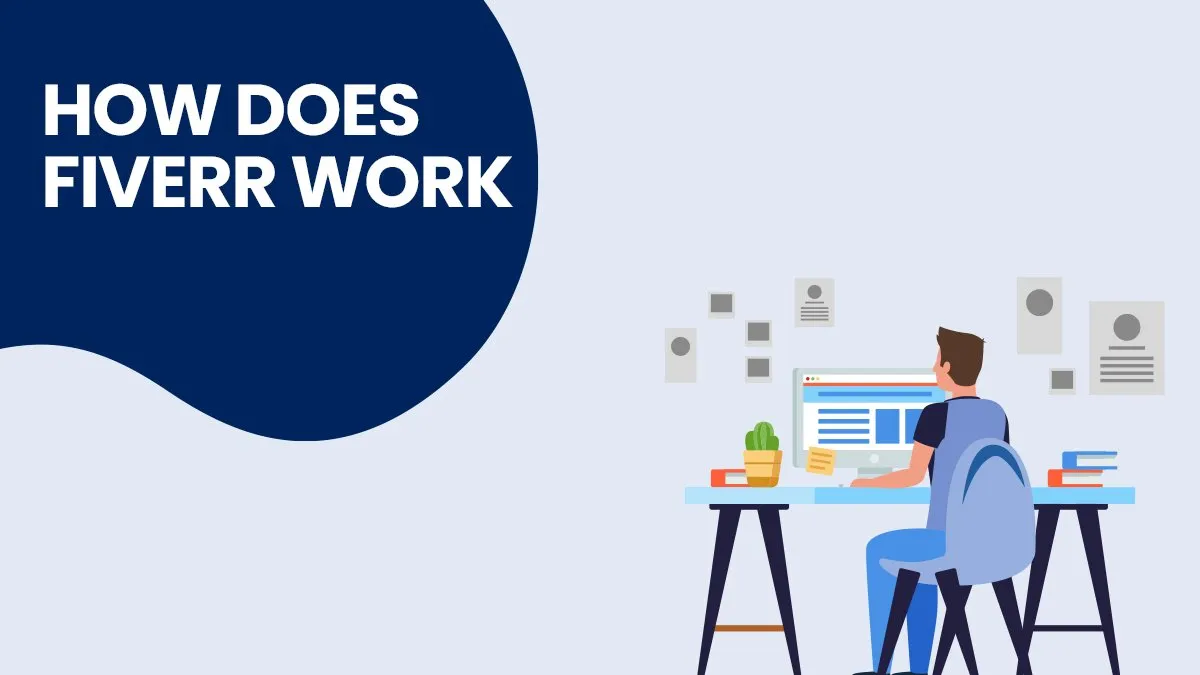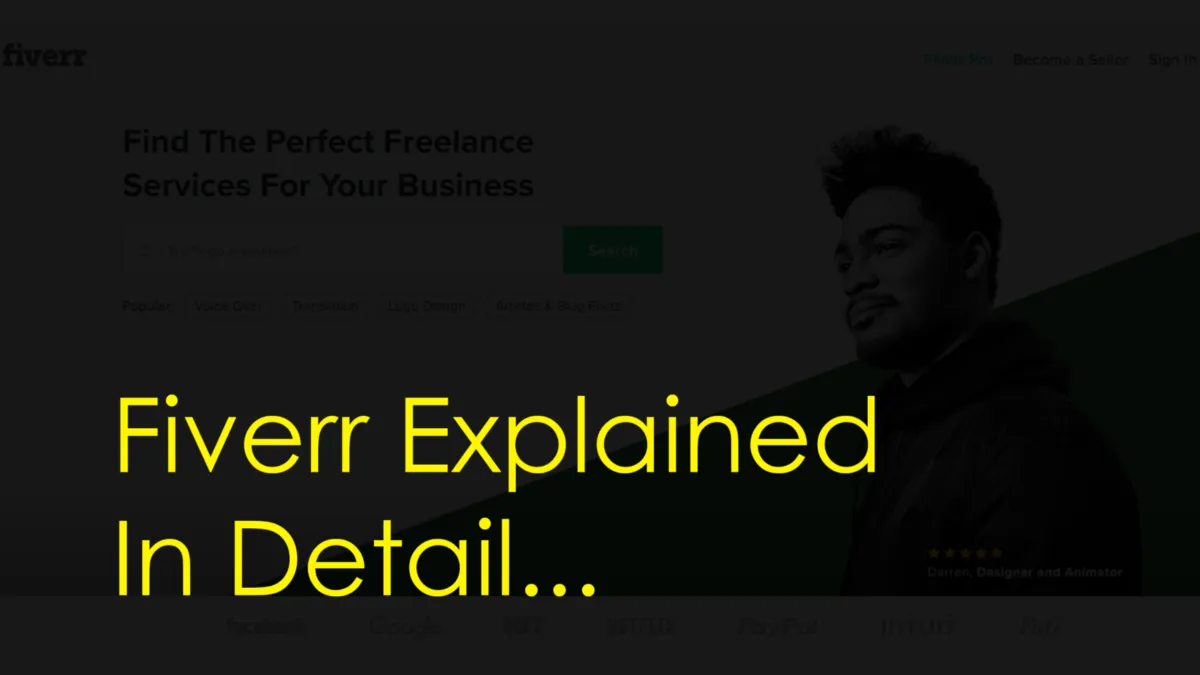In today’s gig economy, platforms like Fiverr have transformed how we access services and talent. But with the ease of getting work done at your fingertips comes some important questions—especially when it relates to ownership rights and trademarks. Are the works created through Fiverr protected by trademarks? In this article, we will explore what Fiverr is, the services it offers, and the implications for ownership and trademark rights related to the work provided.
Understanding Fiverr and Its Services

Fiverr is an online marketplace that connects freelancers with clients looking for various services at competitive prices. Founded in 2010, it has rapidly grown into a bustling hub for creative and professional services. Users can offer or purchase a wide range of services categorized broadly under:
- Graphic Design: Logo creation, social media graphics, and branding materials.
- Digital Marketing: SEO services, social media management, and content marketing.
- Writing & Translation: Article writing, copywriting, editing, and translations.
- Video & Animation: Video editing, animation, and explainer videos.
- Music & Audio: Voice-overs, music production, and sound design.
- Programming & Tech: Website development, app creation, and tech support.
In each of these categories, freelancers, often referred to as “sellers,” create listings to showcase their skills and explain their services. Buyers can browse these listings, review portfolios, and read reviews before making a purchase.
One of the unique features of Fiverr is that services start at just $5, though many sellers offer packages that increase in price depending on the complexity and additional features of the service. This pricing model invites clients of all budgets and has contributed to the platform's popularity among both freelancers and businesses.
However, while this model makes it easy to collaborate, the ownership rights and trademark implications of the work created can sometimes be confusing. Understanding how Fiverr operates lays the groundwork for addressing these aspects going forward.
Also Read This: How to Delete Fiverr Messages: A Step-by-Step Guide
Copyright vs. Trademark: Key Differences

When diving into the legal waters of intellectual property, it’s essential to understand the difference between copyright and trademark, especially if you're considering hiring someone from Fiverr or using their work. While both protect creative outputs, they serve distinct purposes.
- Copyright: This is a legal right that grants the creator of original works exclusive control over their use and distribution. This means that if you create a piece of music, a painting, or a written article, you automatically hold the copyright to it. Copyright protects the expression of ideas rather than the ideas themselves.
- Trademark: on the other hand, is designed to protect brand names, logos, slogans, and symbols that distinguish goods or services in the marketplace. Think of it as a badge of origin that assures consumers they are getting what they paid for. Trademark does not protect the product itself but the brand associated with it.
| Aspect | Copyright | Trademark |
|---|---|---|
| Legal Protection | Protects creative works. | Protects brand identifiers. |
| Duration | Generally lasts for the life of the creator plus 70 years. | Can last indefinitely as long as it's in use. |
| Registration | Automatic upon creation, can be registered for additional benefits. | Must be registered to gain full legal benefits. |
In summary, while copyright protects the creative aspects of a work, trademarks safeguard the identity of brands. This distinction is crucial if you’re considering using or commissioning creative work on platforms like Fiverr.
Also Read This: Top 10 Marketing Strategy Planners on Fiverr
Ownership of Works Created on Fiverr

Now, let’s talk about ownership. When you hire a freelancer on Fiverr, understanding who owns the work after it’s created is vital. Generally, Fiverr's policy grants you certain rights, but there are nuances to keep in mind.
Typically, upon successful delivery and payment for a gig, the creator transfers the ownership rights of the work to you, the buyer. This means you can use the work for any lawful purpose without needing to ask for permission from the creator. However, there are a few caveats:
- Commercial Use: If you intend to use the work for commercial purposes, make sure the gig specifies that you will receive full commercial rights. Some creators may retain certain rights to their creations, particularly if it’s a unique or highly specialized piece.
- Attribution: While many gigs allow for complete ownership, some may require you to attribute the creator, particularly for graphic designs or writing.
- Exclusivity: Ensure your agreement prohibits the creator from selling the same work elsewhere. This is crucial for branding or unique projects.
Before finalizing your order, it’s wise to clarify these details in your communications with the freelancer. Clear agreements help avoid misunderstandings down the line and ensure you have ownership rights that align with your needs. Remember, knowledge is power, especially when it comes to securing your creative assets from platforms like Fiverr!
Also Read This: Tips for Becoming a Freelance Writer in Sims 4
Fiverr's Terms of Service Explained

Before diving into the nitty-gritty of trademarking Fiverr creations, let's chat about Fiverr's Terms of Service. Understanding these terms is crucial for both buyers and sellers on the platform. They outline what you can and can't do while using Fiverr and help clarify the ownership of the work produced.
Here's a quick breakdown of some key points:
- Ownership of Deliverables: When you purchase a service on Fiverr, you typically acquire full commercial rights to the work—this means the seller transfers their rights to you after completing the job.
- License Agreement: Fiverr often states that sellers must confirm they have the rights to the materials used in their projects. So, if you’re getting a logo designed, the designer should ensure they’re not infringing on someone else's trademarked work.
- Dispute Resolution: Fiverr has a procedure in place for handling disputes between buyers and sellers, making clear guidelines for resolving any copyright or trademark issues that may arise.
- Limitations on Liability: The platform also protects itself from liabilities, especially if buyers or sellers face legal challenges regarding the ownership or usage of delivered works.
In essence, Fiverr's Terms of Service aim to create a secure environment for both parties. By understanding and adhering to these guidelines, users can navigate potential legal complexities that can arise from the use of custom creations.
Also Read This: What Are Fiverr Revisions? Understanding the Process and Importance
When Can Fiverr Creations Be Trademarked?
Now, you might be wondering: when can a creation from Fiverr be trademarked? The answer isn't entirely straightforward, but let's break it down into manageable segments.
Trademarking a creation typically hinges on a few critical factors:
- Distinctiveness: To qualify for a trademark, your creation must be distinctive and set apart from others. For instance, a unique logo or a catchy brand name can often be trademarked.
- Usage in Commerce: Trademarks are all about protecting brands in the marketplace. You must actively use your Fiverr creation in commerce, showcasing it to customers or the public.
- Originality: The Fiverr creator should have crafted the item in question with original thought. If elements are borrowed from other trademarked items, that's a no-go.
- Registration Process: After ensuring you meet the requirements, you’ll want to register your trademark with the relevant governmental body (like the USPTO in the U.S.) to safeguard your rights fully.
In summary, while many Fiverr creations can potentially be trademarked, success hinges on the uniqueness, use, and originality of the work. So, if you've commissioned something special on Fiverr, keep these factors in mind if you want to secure your brand identity!
Also Read This: How Good is Fiverr: A Comprehensive Review
7. Protecting Your Intellectual Property on Fiverr
When you're diving into the vibrant marketplace of Fiverr, one question often lingers in the back of your mind: How can you protect your intellectual property (IP)? Whether you’re a freelancer offering services or a buyer looking to purchase creative work, understanding IP protection will save you from potential headaches down the line.
First off, let's clarify what intellectual property entails. It includes creations of the mind, such as:
- Artistic works (like graphics or music)
- Brand names and logos
- Software and technology
- Content such as articles or blogs
As a freelancer on Fiverr, it’s essential to make your terms clear regarding ownership. Many sellers specify in their gig descriptions if the buyer will receive full rights to the work or if they retain certain rights. Therefore, don't hesitate to ask questions if you're unsure. Here’s how to better protect your IP while using Fiverr:
- Draft a Comprehensive Contract: Have a clear agreement that outlines ownership rights.
- Watermark Your Work: If you're sharing designs or artwork, consider watermarking it until it's paid for.
- Keep Records: Always keep copies of your work and the agreements made.
- Understand Fiverr's Policies: Familiarize yourself with Fiverr's terms to understand how they handle IP issues.
By taking these proactive steps, both buyers and sellers can foster a respectful and secure environment on Fiverr, ensuring that everyone can benefit from their creativity without fear.
8. Conclusion
In conclusion, while Fiverr provides amazing opportunities for both freelancers and buyers, it’s crucial to approach intellectual property with the seriousness it deserves. Are works from Fiverr trademarked? The short answer is: it depends. If you’re a buyer, make sure you clarify ownership rights and whether the seller is willing to transfer those rights to you. If you’re a seller, always be clear about what you’re offering and what rights you retain after the sale.
Remember, protecting your intellectual property isn’t just about legal norms; it reflects respect for your creative endeavors and the efforts of others. Here are a few key takeaways:
- Always draft clear agreements and contracts
- Understand the nature of the work, whether it's copyrighted or potentially trademarked
- Keep open lines of communication with buyers or sellers regarding rights transfers
By paying attention to these details, we can all enjoy the creative outputs from Fiverr with peace of mind. Happy freelancing!



